Are Great White Sharks Apex Predators?

Introduction:
Great white sharks are often portrayed as the ultimate ocean predators, dominating the seas with their size, strength, and hunting prowess. But are they truly apex predators, or is there another species that challenges their dominance? In this blog post, we’ll explore the concept of apex predators, examine the role of great white sharks in the marine food chain, and discuss whether these formidable creatures have any natural predators of their own.
What Does It Mean to Be an Apex Predator?
An apex predator is defined as an animal that sits at the top of its food chain, with no natural predators of its own. These predators play a crucial role in maintaining the balance of ecosystems by regulating the populations of species below them. Apex predators are essential for controlling prey species and preventing overpopulation, which could otherwise lead to imbalances in the environment.
Great white sharks (Carcharodon carcharias) are often considered the epitome of apex predators. With their powerful jaws, sharp teeth, and incredible hunting abilities, they are capable of taking down large prey, including seals, sea lions, and even smaller whales. Their presence in marine ecosystems helps regulate the populations of these species, ensuring a healthy and balanced environment. By preying on weak or sick individuals, great white sharks also help maintain the genetic health of prey populations, contributing to the overall resilience of marine species. Their presence is a natural form of population control, which is vital for the health of the ocean.
Do Great White Sharks Have Natural Predators?
While great white sharks are referred to as apex predators, they are not entirely without threats. Despite their formidable status, there are a few natural predators that can pose a danger to great whites, particularly in certain circumstances.
1. Orcas (Killer Whales):
Orcas, or killer whales (Orcinus orca), are one of the few species that can successfully hunt great white sharks. Orcas are highly intelligent and social animals that often hunt in pods, allowing them to take on large and powerful prey. In some instances, orcas have been observed hunting great white sharks, typically targeting their livers, which are rich in nutrients. These predation events are rare but have been documented off the coasts of South Africa and California.

2. Humans:
Humans are perhaps the greatest threat to great white sharks. While not a natural predator in the traditional sense, human activities such as overfishing, bycatch, and shark finning have significantly impacted great white shark populations. Additionally, the destruction of marine habitats and pollution further threaten their survival.
The Impact of Predation on Great White Shark Behaviour:
Interestingly, the presence of orcas in an area can influence the behaviour of great white sharks. Studies have shown that when orcas are nearby, great whites tend to avoid the area for extended periods, sometimes months. This behaviour suggests that even apex predators like great white sharks can be influenced by the presence of another dominant species in their ecosystem.
So Are Great White Sharks Apex predators?
Yes and No, excluding human activity, in ecosystems where shark hunting orcas are not present they are most certainly the Apex predator. However Orcas targeting Great White Sharks has been witnessed increasingly in recent years with more people on the ocean with devices such as drones and cameras. Orcas are also highly transient which means even if the Great White is dominant in a particular environment it might not be long until the orcas move into that area.

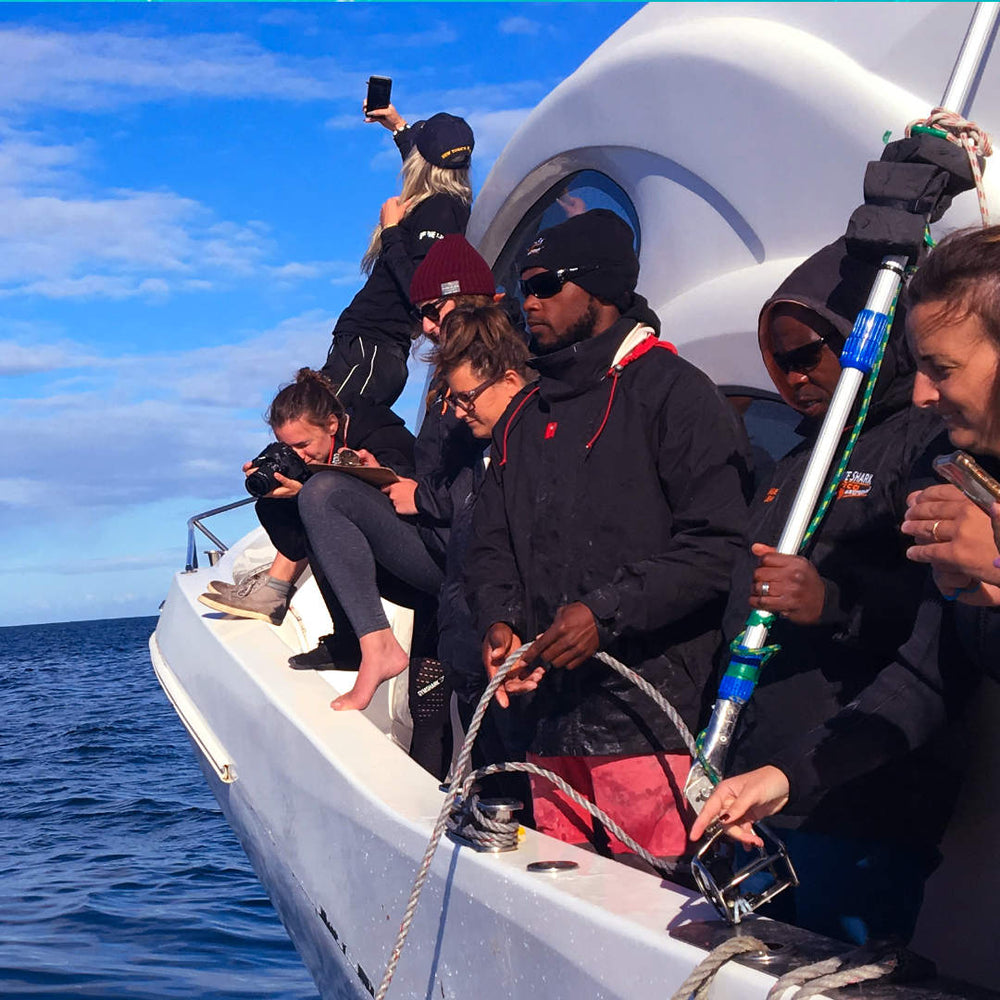

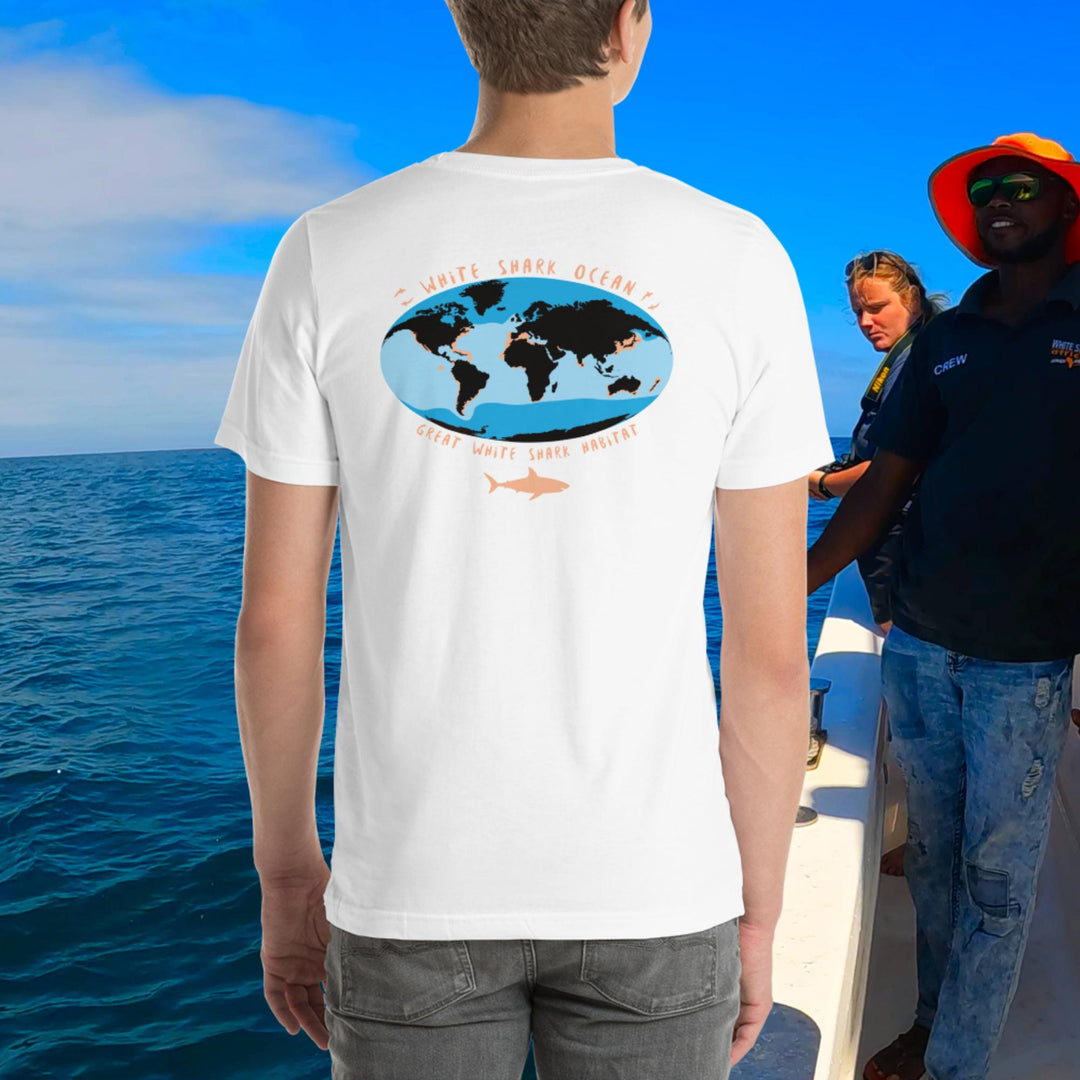




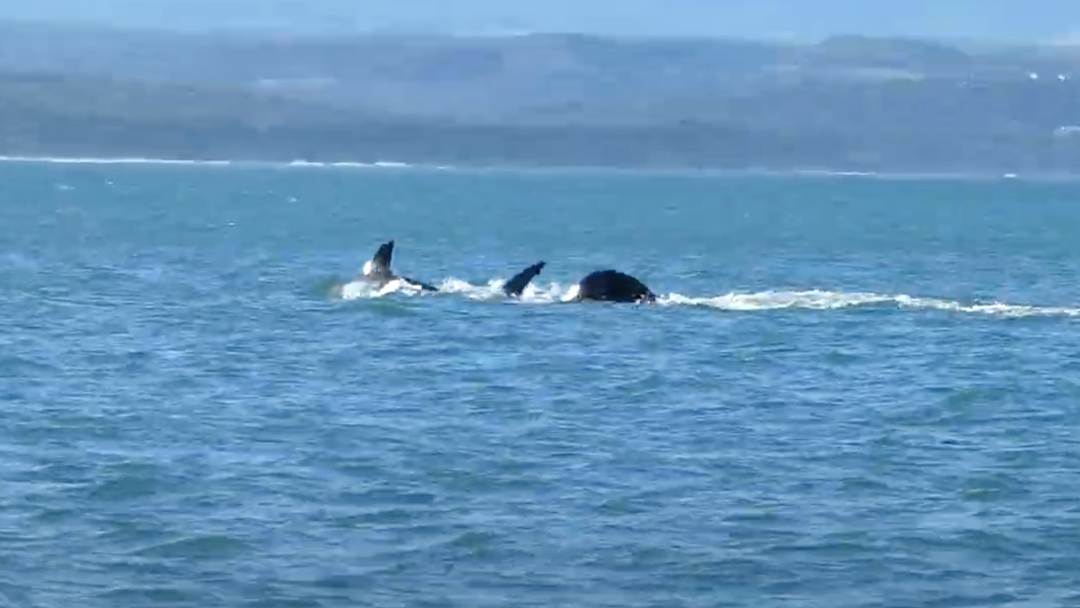
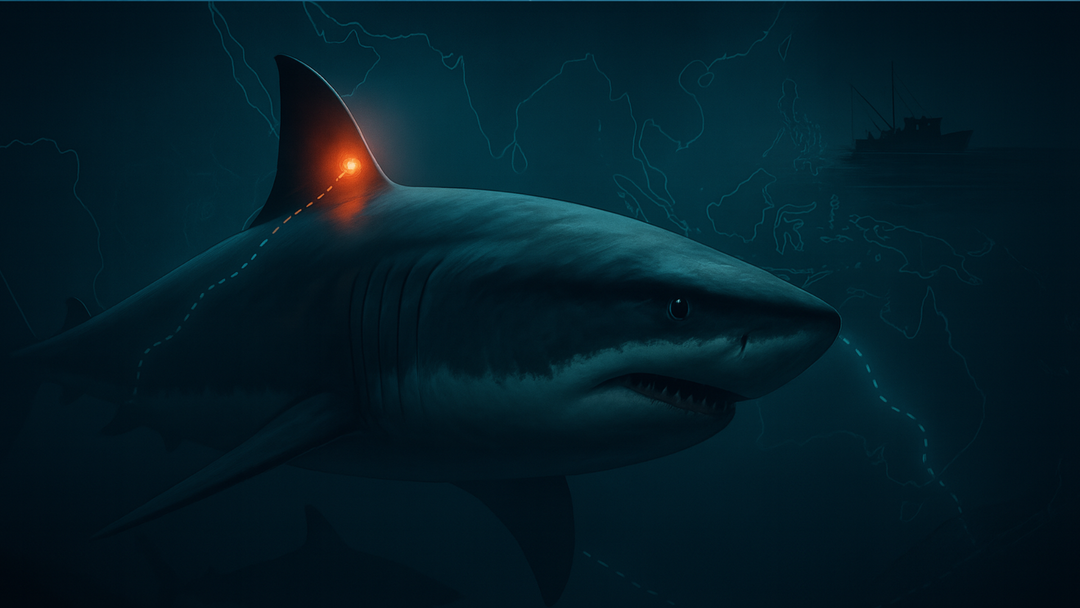
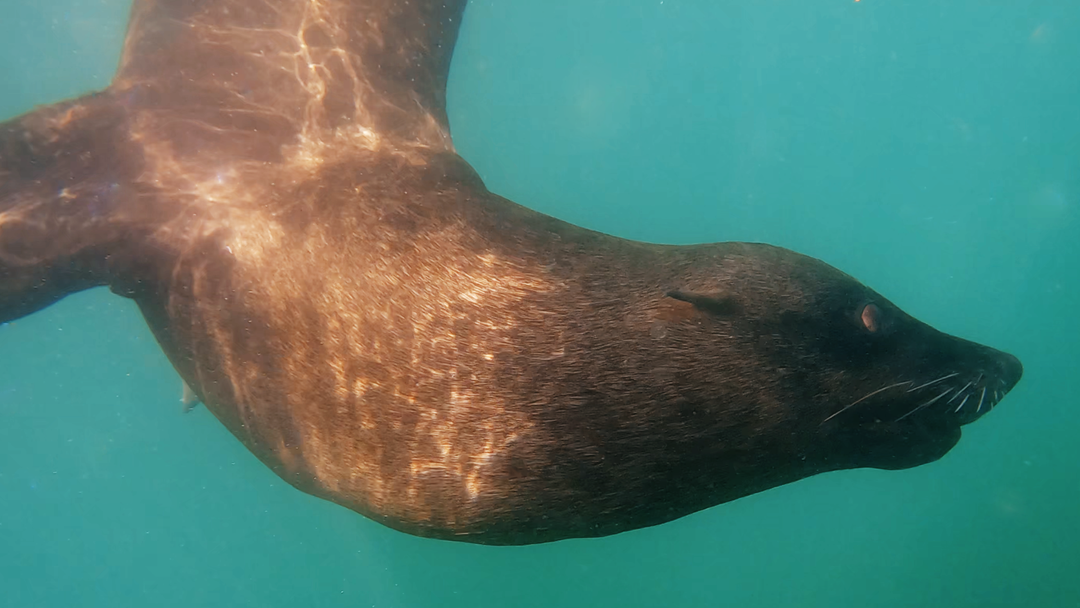
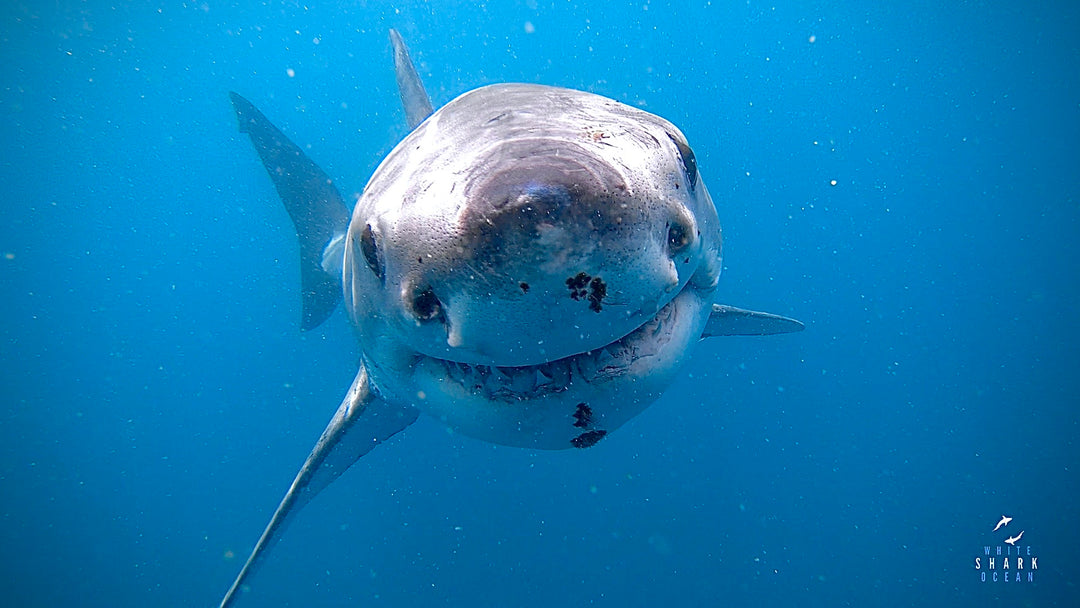
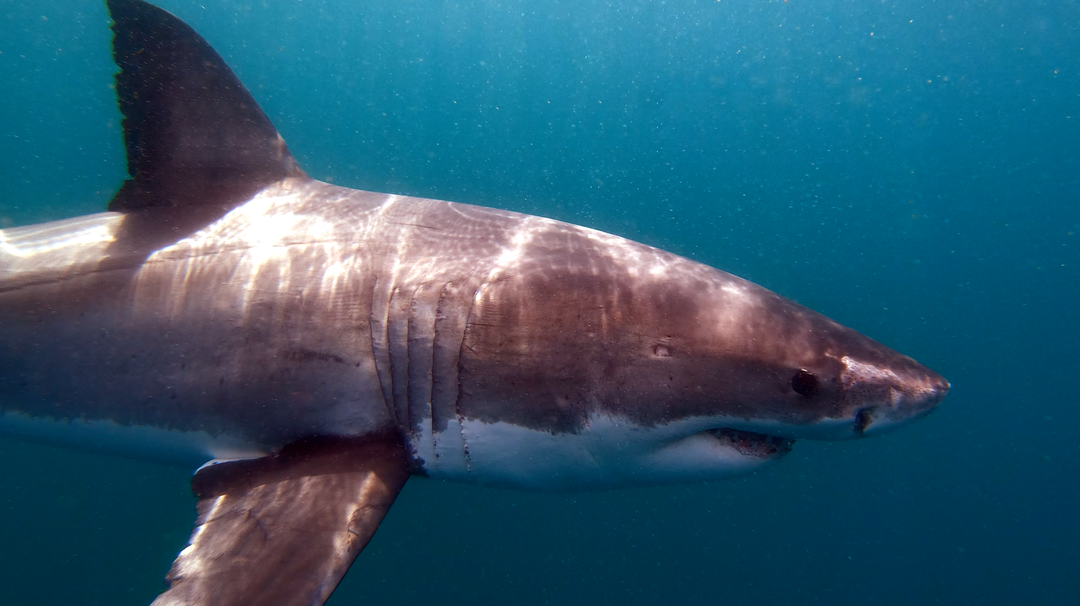

hi your wed sight is great you have what I need thank you so much
Leave a comment